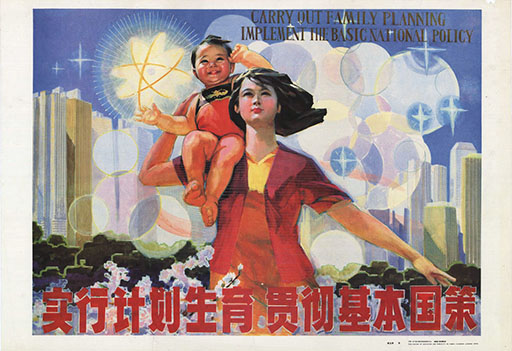6.1 Anti-natalist policies
China has probably the most famous anti-natalist policy in their one child policy introduced in the 1970s.
The policy was created after Chairman Mao had encouraged people to have lots of children to increase the country’s workforce. The population doubled from 1949 to 1979. This increase outstripped China’s supply of food and there was a famine in 1958–1960 in which 20–48 million died. Drastic measures were believed to be needed and this led to the formation of the one child policy which became law in 1979 and was abolished in 2015.

Birth policy in China now allows married couples to have two children but it will still be tightly controlled by the issuing of ‘birth permits’ to eligible couples, fines known as ‘social compensation fees’ if you have more than two children, and significant difficulties for any additional children who have to struggle through life without a birth registration document. However, it is possible that only children will have now become the norm with surveys showing that couples now believe the ideal number of children is one (Zheng, 2013). Frequently expressed anxiety concerning psychological damage to only children have failed to materialise as lone children have appeared to thrive (Falbo and Polit cited in Buchanan and Rotkirch, 2013). But China must now face up to the consequences of this policy that has resulted in an alarmingly unbalanced population with respect to gender, and a predicted 200 million old people with little social support in place.
In the next section, you will read about the gender imbalance that has been a result of policies to control population.
